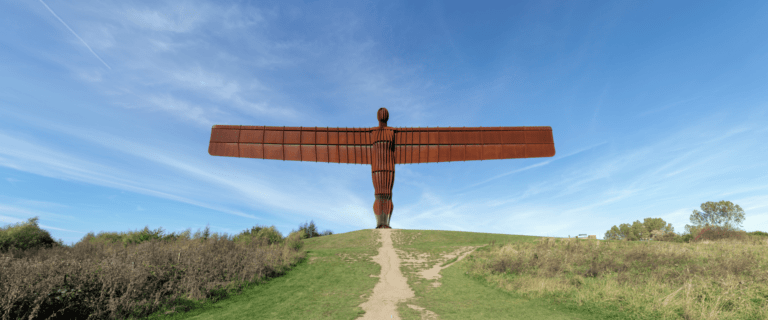Local North East homeowners who are facing a financial challenge may find themselves in repossession.
Repossession is when the mortgage loan doesn’t get paid back and the bank begins the process to take ownership of the property to recoup its losses.
If you find yourself entering the repossession process, you might wonder if there is anything you can do about it.
In this blog post, you’ll read about a few foreclosure prevention measures in North East that you can take to keep your home from foreclosure.
Repossession prevention measures in The North East
These repossession prevention measures might not all work in your situation but we’re telling you about them so you can make the decision for yourself:
1. Pay off your mortgage / sell your property. The quickest and easiest way to end the repossession process is to pay off your mortgage. After all, this is all the banks wanted in the first place so they would be happy to let you stay in your home and they get their money back. Admittedly, this is not always possible, which is perhaps the reason that you’re in repossession in the first place. This may seem obvious, but at the end of the day this is exactly what the banks are looking for! The question from here is “how”? Well keep reading for some suggestions.
2. Work out a deal with your bank. Sometimes you can work out a deal with your bank where you sit down with a mortgage or repossession specialist and talk to them about changing the structure of your mortgage. Perhaps your payments get spread out so they are lower each month, for example. Just make sure that the deal works for you — you don’t want to just repeat the process.
3. Quick sale. A short sale is when you sell the property and use the proceeds of the sale to pay down or pay off your outstanding amount with the bank. This keeps a repossession from impacting your credit score and it gets the bank off your back!
4. Voluntary repossession. Another option would be a voluntary repossession, which basically means that you hand the keys to the property to the bank, and they will agree to sell it. They are legally obligated;iged to get as much as they possibly can for the property, but that doesn’t mean that they always will… The market value of a repossession is always lower than a property on the market, and banks have ben known to stick these properties in auction for a quick sale. If it sells for less than the value of the mortgage, you will be liable to pay the difference. For this reason, this will often only work if your house is worth approximately the amount owing on the mortgage. A word of warning; you will have to vacate the property as soon as you hand the keys back and you will not be allowed back in the property at all until it is sold. Despite this, you are still liable for ALL COSTS until the property is sold: mortgage payments, maintenance, insurance, tax, etc. So if you’re already behind on your payments this is probably not the best idea.
If you’re not sure which one to do, consider this: If you can afford payments and you want to stay in the house then a repossession workout arrangement (#2) is probably your best option.
If you want to put everything behind you and move on with your life then consider selling your home and paying off your mortgage with that money. This would also be the best option if you are falling behind on your mortgage payments too. Better to nip it in the bud early, and get to rebuilding quicker.

